“As long as the earth endures, seedtime and harvest, cold and heat, summer and winter, day and night will never cease.”
In a period of such uncertainty and turmoil, this quote is a reminder that in the world of agriculture the yearly cycle continues.
It’s ironic that the week in which so much of the country went into self-isolation and shutdown, we had our busiest week of the year so far.
The much improved weather allowed us to finish spreading slurry/FYM, get some spraying done, and sow fertiliser.
I have many happy memories of this time of year when I was growing up. Easter holidays brought the opportunity to get on to a tractor seat. It may have been just to creep up and down a field on a 434 McComick while my parents and grandfather laboured behind throwing stones into the linkbox, but this didn’t matter – the simple fact was it was a tractor and I was driving it.
Stone lifting also provided the opportunity for family bonding time – you don’t truly know your siblings until you have spent three days giving each other abuse while lifting the occasional stone.
Rejuvenation
The main role of our modest arable enterprise is for sward rejuvenation, and while a good crop of spring barley is a great bonus, a successful reseed is the goal.
We began ploughing on Monday 30 March, with my father diligently guiding our conventional Lemken three-furrow plough (I told you it was a modest arable enterprise) across the field.
With the seagulls massing, the furrows drying in the sunshine, a refreshing spring breeze and the air rich with the smell of the soil, this combination to me is spring perfection.
This scene has been repeated for hundreds of years, and while the machinery may have changed (on some farms more than others), for countless generations families have worked and harvested this land we call home.
Over the years our country has faced periods of turmoil, disease and war, yet every year a harvest has been produced.
This degree of food supply is now much more valued by the public than it was a mere month ago, when government adviser Dr Tim Leuing was telling us that the UK didn’t need farmers any more and our food supply could be imported. Only a week later, what was happening on supermarket shelves somewhat discredited his argument.
NHS
The last few weeks have also brought a renewed focus on the NHS, and in NI it is quite striking how many people who work in healthcare are from farming backgrounds.
This could be for various reasons, but perhaps being brought up on a farm means you are used to dealing with sickness, and generally about life and death. All these factors may equip them with the necessary transferable skills and ethos.
These people are also our wives, our mothers, our daughters, our sisters – the people who we have complained to when we have had a bad day, when the milk price has dropped, or had reactors in a TB test. They know the right words to say.
I know this all too well from personal experience as my wife is a doctor and one of my sisters is a paediatric nurse.
During this period of incredible difficulty for our NHS, we as farmers should make a conscious effort to ask those closest to us who work in healthcare how they are feeling, ask how we can help and make sure that they feel the appreciation that they so rightly deserve. After all, us “key workers” need to stick together.
Read more
Farmer Writes: farming isn’t finished and romance isn’t dead
Shoppers return to local amid coronavirus lockdown
“As long as the earth endures, seedtime and harvest, cold and heat, summer and winter, day and night will never cease.”
In a period of such uncertainty and turmoil, this quote is a reminder that in the world of agriculture the yearly cycle continues.
It’s ironic that the week in which so much of the country went into self-isolation and shutdown, we had our busiest week of the year so far.
The much improved weather allowed us to finish spreading slurry/FYM, get some spraying done, and sow fertiliser.
I have many happy memories of this time of year when I was growing up. Easter holidays brought the opportunity to get on to a tractor seat. It may have been just to creep up and down a field on a 434 McComick while my parents and grandfather laboured behind throwing stones into the linkbox, but this didn’t matter – the simple fact was it was a tractor and I was driving it.
Stone lifting also provided the opportunity for family bonding time – you don’t truly know your siblings until you have spent three days giving each other abuse while lifting the occasional stone.
Rejuvenation
The main role of our modest arable enterprise is for sward rejuvenation, and while a good crop of spring barley is a great bonus, a successful reseed is the goal.
We began ploughing on Monday 30 March, with my father diligently guiding our conventional Lemken three-furrow plough (I told you it was a modest arable enterprise) across the field.
With the seagulls massing, the furrows drying in the sunshine, a refreshing spring breeze and the air rich with the smell of the soil, this combination to me is spring perfection.
This scene has been repeated for hundreds of years, and while the machinery may have changed (on some farms more than others), for countless generations families have worked and harvested this land we call home.
Over the years our country has faced periods of turmoil, disease and war, yet every year a harvest has been produced.
This degree of food supply is now much more valued by the public than it was a mere month ago, when government adviser Dr Tim Leuing was telling us that the UK didn’t need farmers any more and our food supply could be imported. Only a week later, what was happening on supermarket shelves somewhat discredited his argument.
NHS
The last few weeks have also brought a renewed focus on the NHS, and in NI it is quite striking how many people who work in healthcare are from farming backgrounds.
This could be for various reasons, but perhaps being brought up on a farm means you are used to dealing with sickness, and generally about life and death. All these factors may equip them with the necessary transferable skills and ethos.
These people are also our wives, our mothers, our daughters, our sisters – the people who we have complained to when we have had a bad day, when the milk price has dropped, or had reactors in a TB test. They know the right words to say.
I know this all too well from personal experience as my wife is a doctor and one of my sisters is a paediatric nurse.
During this period of incredible difficulty for our NHS, we as farmers should make a conscious effort to ask those closest to us who work in healthcare how they are feeling, ask how we can help and make sure that they feel the appreciation that they so rightly deserve. After all, us “key workers” need to stick together.
Read more
Farmer Writes: farming isn’t finished and romance isn’t dead
Shoppers return to local amid coronavirus lockdown




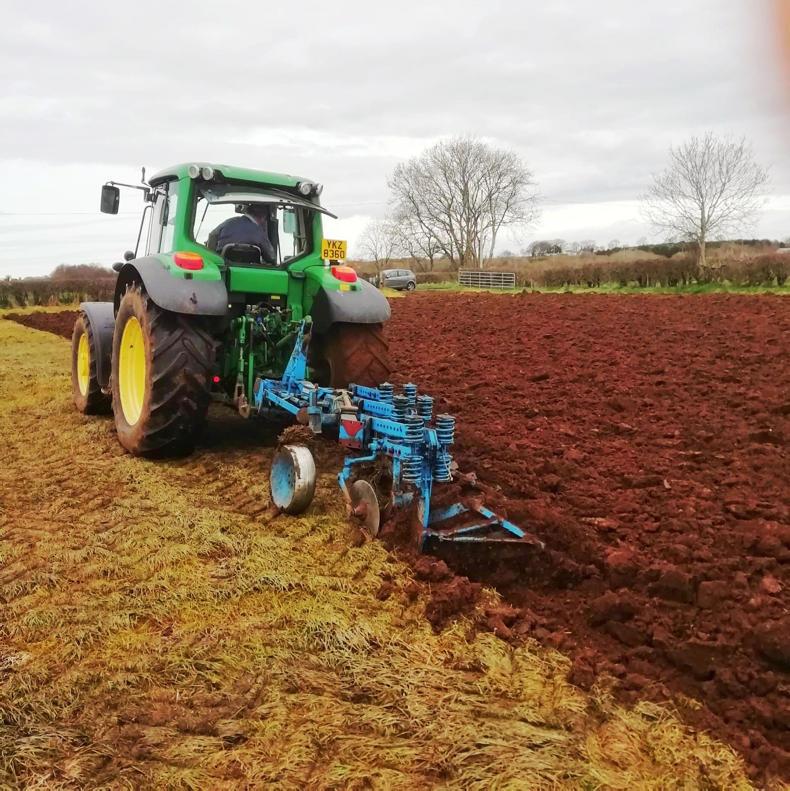
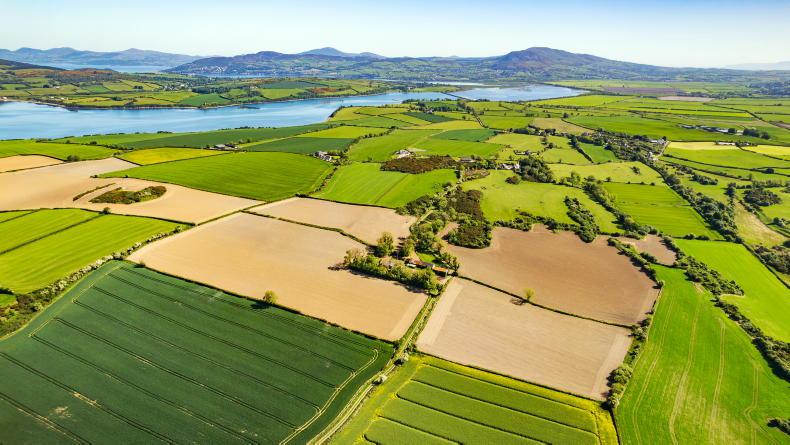

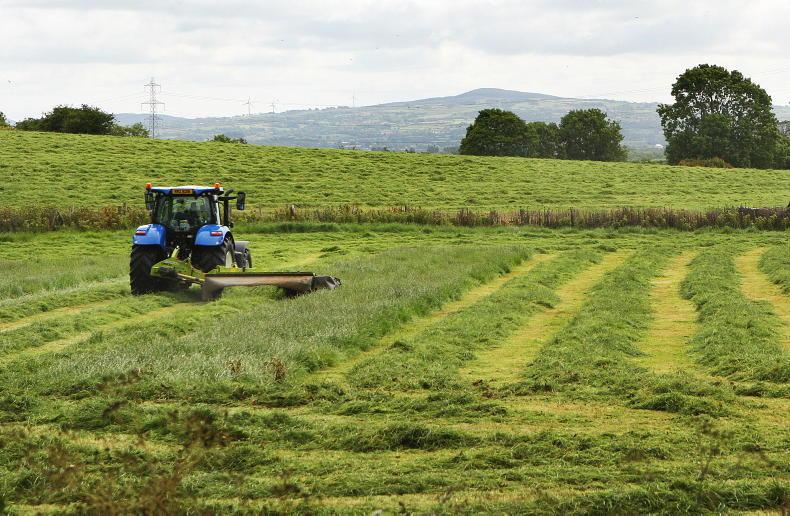
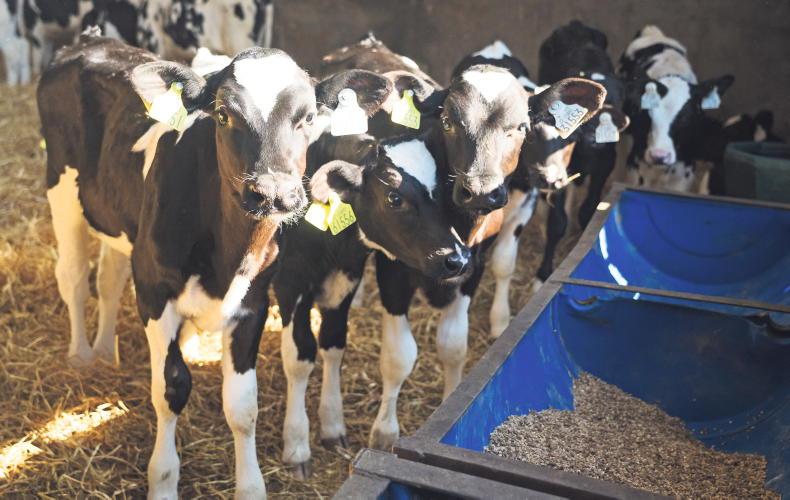
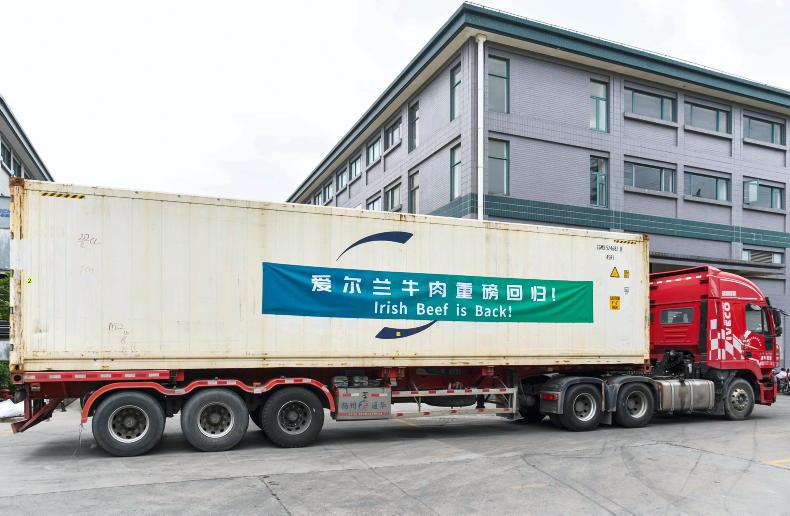
SHARING OPTIONS